Question And Answer
Publications
Articles, publications, books, tools and multimedia features from the U.S. Institute of Peace provide the latest news, analysis, research findings, practitioner guides and reports, all related to the conflict zones and issues that are at the center of the Institute’s work to prevent and reduce violent conflict.
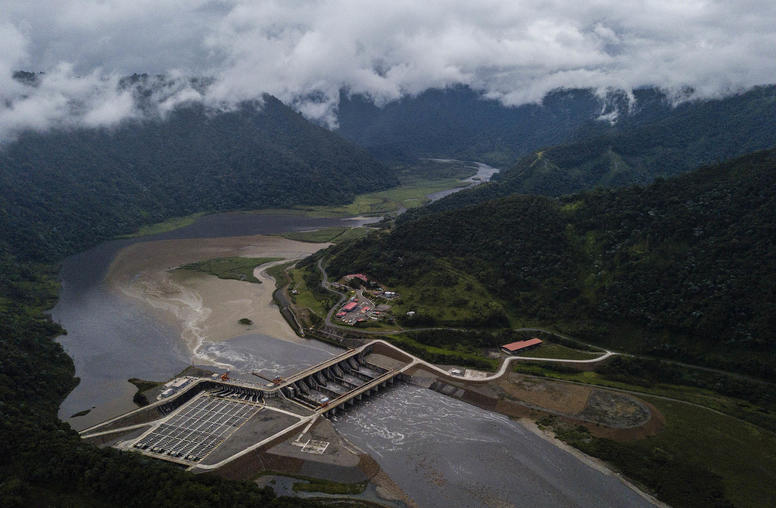
China’s Engagement in Latin America: Views from the Region
China’s economic and political engagement in Latin America grew significantly in the first part of the 21st century. And yet, Latin American reporting on China has not grown apace. Too few Latin American journalists cover Chinese activities in the region and even fewer foreign correspondents from Latin America report on developments in China. This knowledge gap means journalists struggle to provide proper context for major trade and investment deals and are unprepared to investigate when scandals erupt. Latin American media outlets often lack the capacity or resources to cover foreign affairs in general, much less the geo-political repercussions of China-Latin American relations.
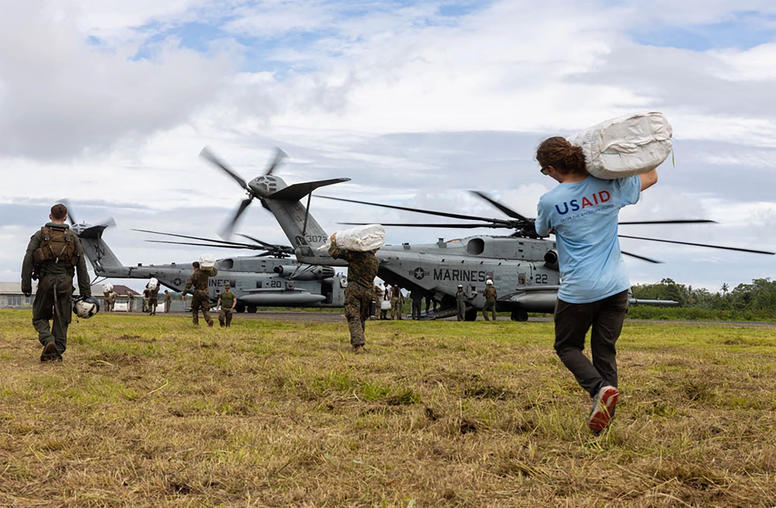
Bougainville Seeks U.S. Support Amid Strategic Rivalry in the Pacific
“In 2019, our people voted — we believe in democracy,” Ishmael Toroama, president of the Autonomous Region of Bougainville, said in a speech at Georgetown University in Washington on November 9. Toroama was referring to the 2019 referendum in which 97.7 percent of Bougainvilleans, with 87.4 percent turnout, voted for independence from Papua New Guinea in a powerful confirmation of their long-held desire for self-determination. This desire has been largely ignored by the world, but in order to realize it, Bougainville needs strong international partners.

In the Pacific, U.S. Risks Letting Down its Closest Partners
As the United States seeks to shore up alliances and maintain regional stability amid increasing Chinese competition in the Pacific, it needs to mend strained relations with the island states that are its closest partners. The U.S. government describes Palau, the Federated States of Micronesia and the Marshall Islands as “the bedrock of the U.S. role in the Pacific” and “crucial” to U.S. defense there. After months of delay that have undermined those relationships, the United States this month renewed the funding that underpins their government budgets. But significant bilateral strains will require further U.S. attention.
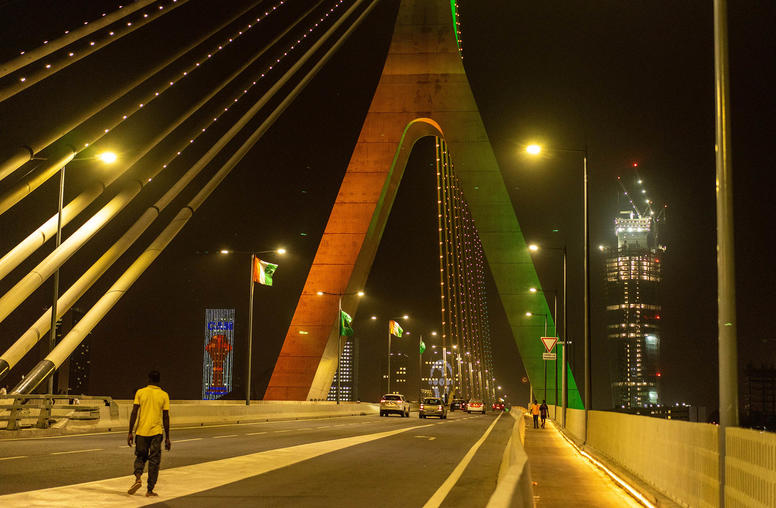
U.S. Plans to Build Africa’s Infrastructure Bring Opportunities, Challenges
An interesting trend is emerging in U.S.-Africa relations: even as the United States moves to counter Chinese influence in key sectors like critical minerals, China’s influence in Africa is subtly reshaping the United States’ own approach to engaging with the continent.

Indonesia’s Nickel Bounty Sows Discord, Enables Chinese Control
As the world moves toward cleaner forms of energy, specific minerals and metals that support this transition have become “critical.” Nickel — a major component used in electric vehicle (EV) batteries — is one such critical mineral. Demand for battery metals is forecast to increase 60-70 percent in the next two decades. This may be a boon for some. But in Indonesia, which produces more than half of the world’s nickel supply, it has led to political, environmental and ethical complications.

Moscow Concert Hall Attack Will Have Far-Reaching Impact
On Friday, terrorists attacked the Crocus City Hall outside Moscow leaving 140 people dead and 80 others critically wounded. Soon after, the Islamic State claimed responsibility for the attack. The terrorist group, which is headquartered in Iraq and Syria, has several branches, including in South and Central Asia. Press reports suggest the U.S. government believes the Afghanistan-based affiliate of the Islamic State, ISIS-Khorasan (ISIS-K), was behind the attack. The Biden administration has publicly noted that it had warned the Russian government of the terrorism threat in early March in line with the procedure of “Duty to Warn.”
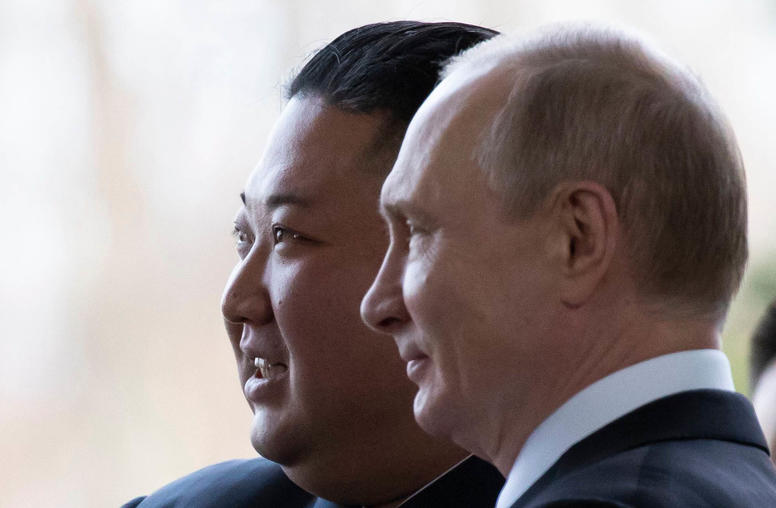
Three Conditions for Successful Engagement with North Korea
The September 13, 2023, meeting between Vladimir Putin and Kim Jong Un in Russia’s Amur Oblast marked a significant crippling of the decades-long U.S. pressure-based approach toward North Korea. The strategy of isolating and pressuring North Korea through United Nations Security Council resolutions to compel its nuclear disarmament in exchange for providing normalized relations, economic aid and sanctions relief may or may not ever have been a winning strategy, but now is no longer viable. The strategy required cooperation among the United States, South Korea, China and Russia, but this now seems a distant prospect.
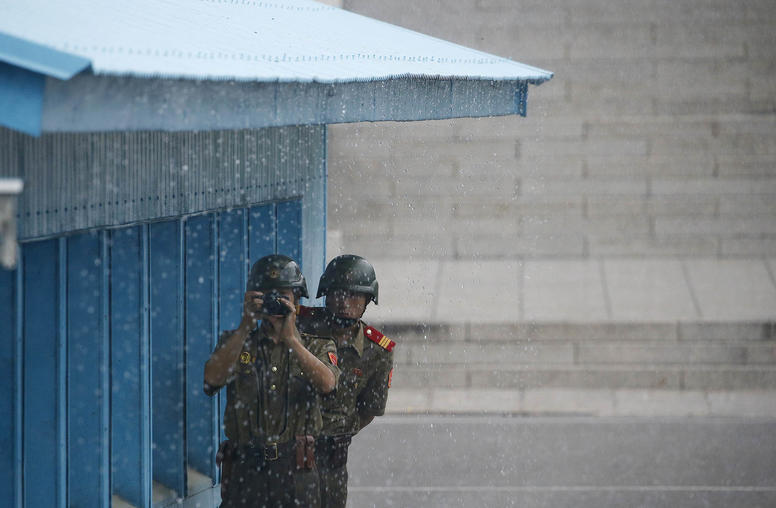
Building Trust through Health Cooperation with North Korea
The United States needs to address the existing trust deficit with North Korea if it wants to coexist peacefully with that country. Trust building through health cooperation may be the least contentious way politically and the most likely to succeed. However, engagement on health and humanitarian assistance with North Korea, like security negotiations, has been undermined by geopolitics.

Asfandyar Mir on Why ISIS-K Attacked Moscow
ISIS-K’s recent attack on the Russian capital was, in part, intended to assert the organization’s growing capacity to inflict terror beyond its home base of Afghanistan. “By reaching Moscow, ISIS-K is trying to signal it has the geographic reach to hit anywhere in the world,” says USIP’s Asfandyar Mir.
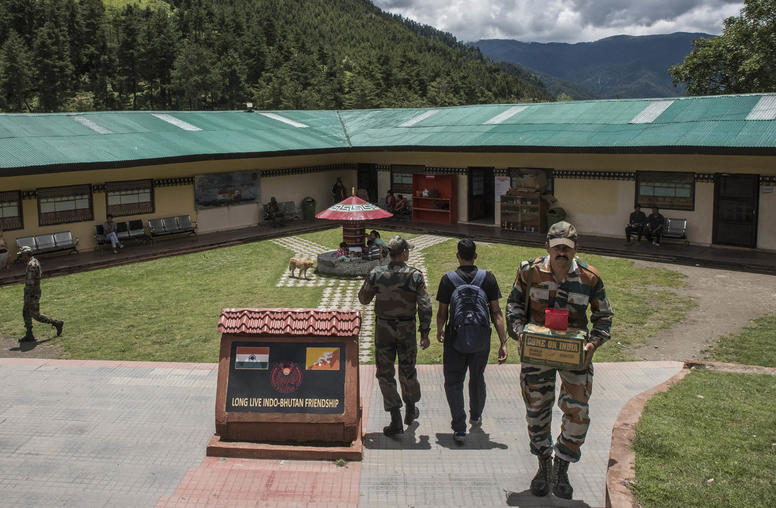
What’s Driving India-China Tensions?
Since deadly clashes between India and China on their 2,100-mile disputed border — known as the Line of Actual Control (LAC) — nearly four years ago, the two countries have remained in a standoff and amassed an increasing number of troops on either side of the LAC. While India and China have held regular exchanges at the corps commander level since 2020, each side has also continued to militarize and invest in infrastructure in the high-altitude border regions, which may exacerbate risks of clashes or escalation. India-China competition has also deepened beyond the land border, particularly in the Indian Ocean region.